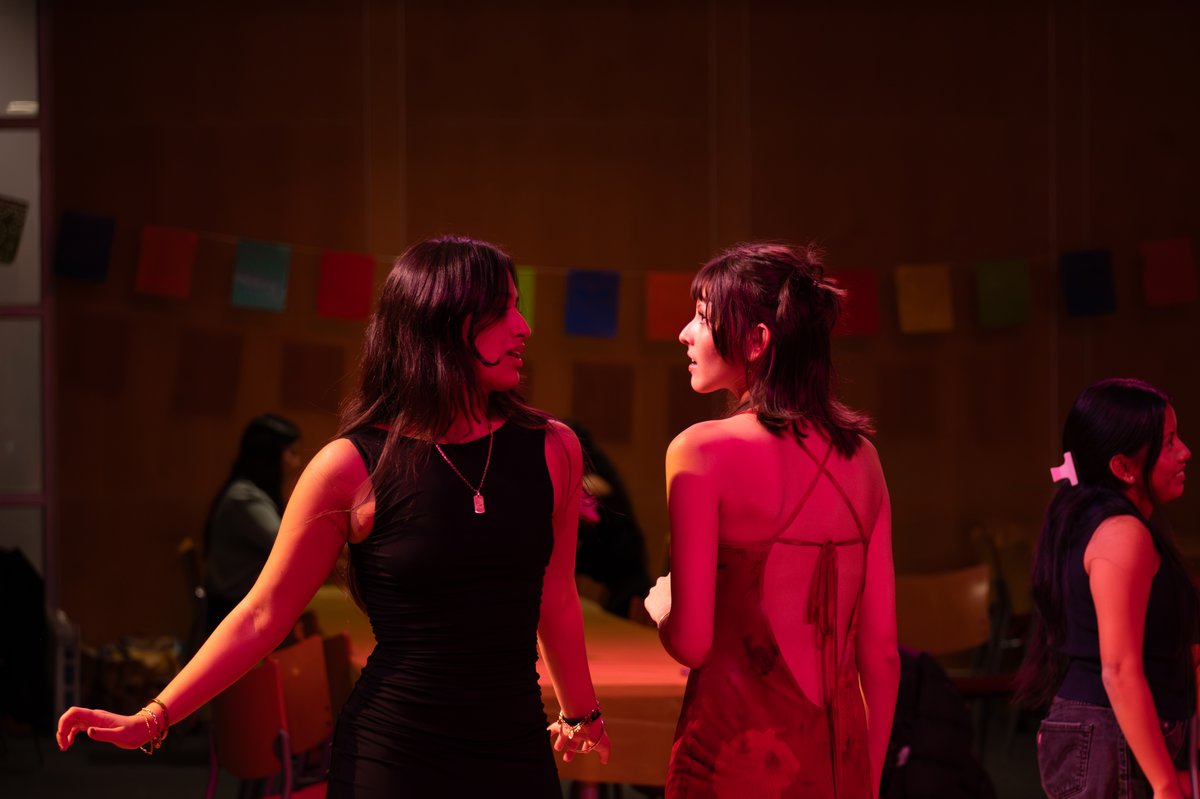The Ghost of RPI
“So what’s your Discord?”
I internally cringe as I attempt to decipher if the question is asking for my display name or my username; or if it even matters at all.
If you are currently a student at RPI, you may be confused by my grim reaction, or angered by my seemingly unwarranted frustration with Discord. But let me be clear, this isn’t a piece about my critique of Discord as an app. Rather, it is a step back to examine how this simple interaction tells the story of a much more pressing issue on campus.
In the 2023-24 admissions cycle, RPI received 17,193 applications and accepted 10,906 students, while only 1,314 enrolled. In other words, RPI let in nearly two-thirds of its applicants, yet only about one in ten chose to show up. As a freshman who has only been on campus for three weeks, the disconnect is glaring. With a menu of world-class opportunities and one of the nation's highest returns on investment, why do we yield such disproportionately low admissions statistics?
I suspect that a large part of the issue lies in RPI’s insular and unconventional online presence. From what I can tell so far, most students’ social media presence is limited to a ghostlike Instagram page (if one exists at all), alongside a polished LinkedIn profile and a heavily decorated Discord account.
You might be thinking that this is one of RPI’s strengths: an academic bubble that resists dependence on social media and leans into the “rise and grind” culture. However, whether you like it or not, platforms such as TikTok and Instagram shape public perception and applicant interest, especially in the ever-growing world of college admissions. We see this with institutions like the University of Michigan and the University of Texas at Austin, which receive record engagement on these platforms and, in turn, record-breaking enrollment. Although RPI is not a marquee game-day campus and lacks a nationally famous marching band, its presence on these platforms is virtually absent.
Like many RPI students, I enrolled already aware of the Institute’s elite resources. Those who choose RPI often share that knowledge, arriving “in the know” through legacy ties, alumni networks, or thorough research. Meanwhile, most would-be applicants are left with little more than a weak first impression. I can’t help but wonder what the typical high schooler thinks when they search “RPI” on TikTok and only find a handful of lackluster or outdated videos, half of which berate some aspect of the school’s culture. In the era of “college core” and campus romanticization, RPI’s social presence lags far behind its peers, a mismatch that narrows the applicant pool in ways disproportionate to the Institution’s quality.
RPI’s muted public presence is not a mystery so much as it is a byproduct of who we are and how our culture works. Our heavily male-skewed student body and demanding workload steer social life into utility-first channels like Discord rather than the more polished aesthetic that travels on TikTok and Instagram. Also, when nearly seven out of ten students on campus are men, the tone of what gets shared online, or lack thereof, inevitably shifts. Women on campus often spotlight moments that feel inclusive, memorable, and worth sharing, and those perspectives help shape a school’s broader appeal. With fewer of those voices represented, the flow of content narrows and RPI’s online appearance tells a story that is incomplete, overlooking the moments and communities that make our campus unique. Coupled with an academic culture that prizes deep focus, this dynamic creates an insider campus where underexposure limits our outreach, sentiment softens, more first-years consider transferring, and prestige slips further out of step with our academic quality.
The fix is not to shy away from RPI’s academic culture but to meet curious students halfway by making visible the reality of what animates this campus. This means better promoting the hands-on work of niche STEM clubs that attract curious students, such as the RPI Experimental Propulsion Initiative. Even short TikTok or Instagram Reel launch highlights are an easy way to reach students with a fascination for rocket science and propulsion. It also means amplifying women-in-STEM voices by providing stronger support for organizations like the Society of Women Engineers and featuring their successes prominently in campus communications and student recruitment. Lastly, perhaps most vital, it means sharing a more optimistic narrative that upholds our academic standards instead of devaluing the underappreciated fruits of our labor.
If your immediate reaction is that the next generation of RPI students shouldn’t be active on social media in the first place, then you’re dismissing the very heart of the issue. As RPI steps into its third century, RPI Forward, President Schmidt’s initiative to “redefine what it means to lead in higher education,” will need to do more than underline the wordmark. It must chart a path that draws attention from the next generation of students through avenues we’ve too long overlooked. Otherwise, we will continue to fly under the radar, underappreciated for a campus overflowing with ingenuity that I myself am so very excited to explore.

 On-Campus Event
On-Campus Event